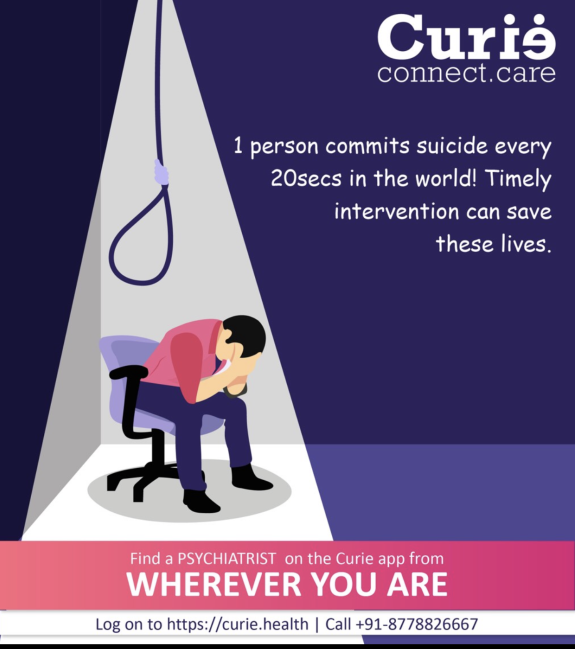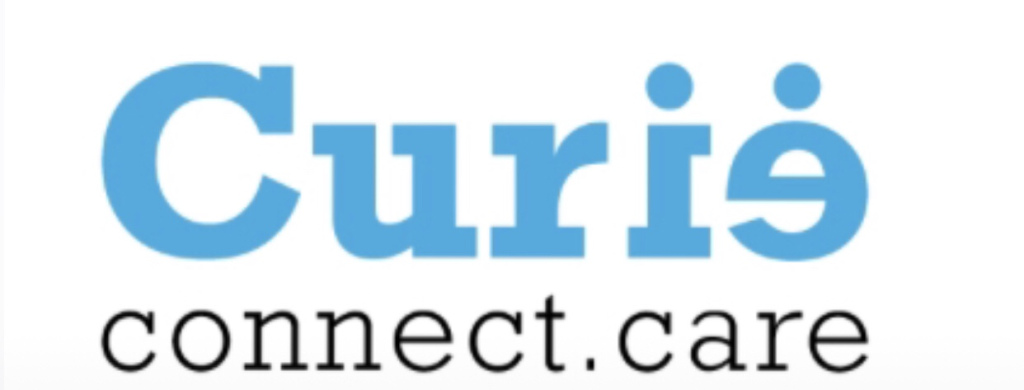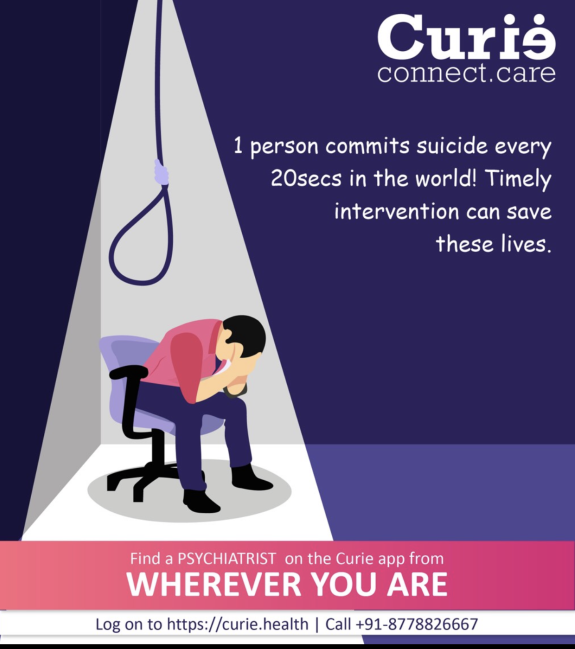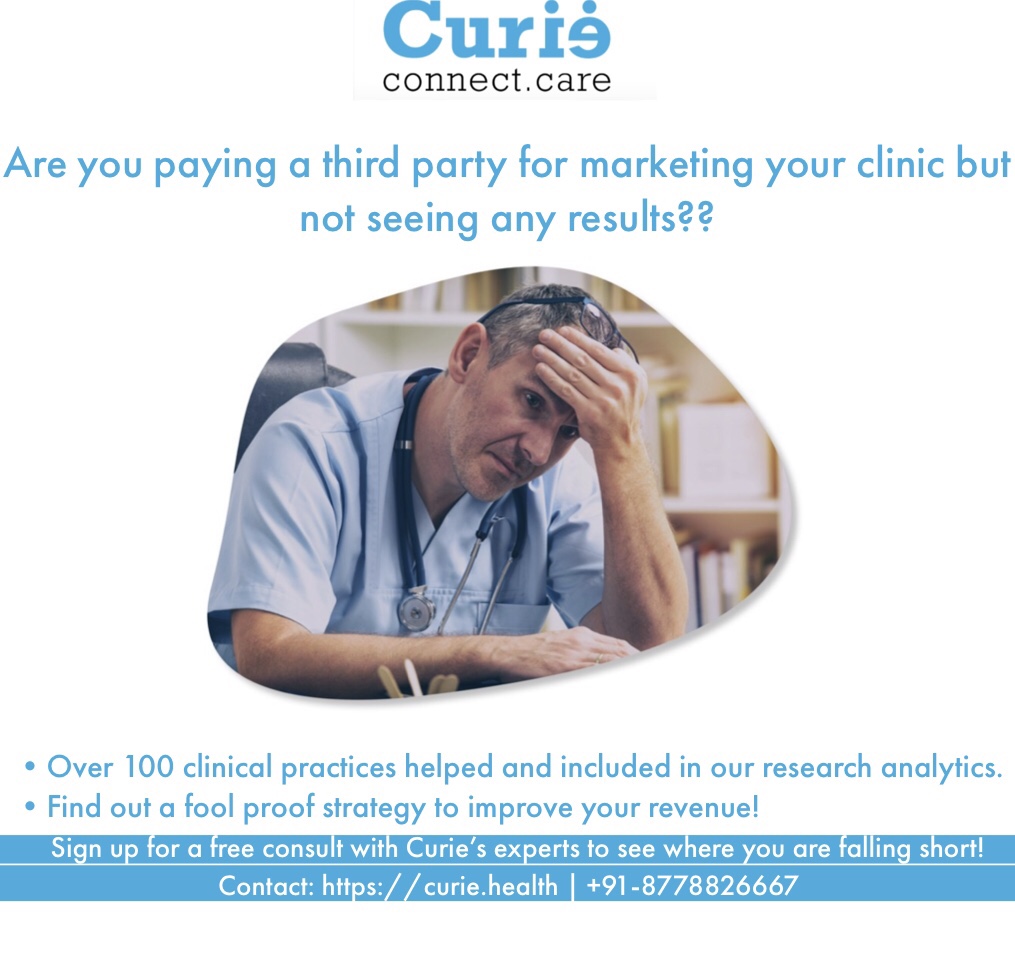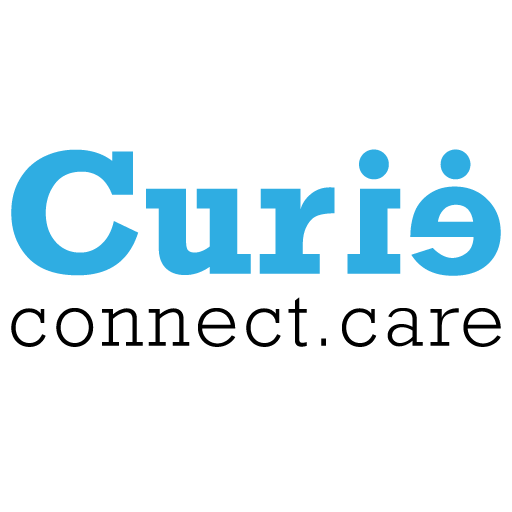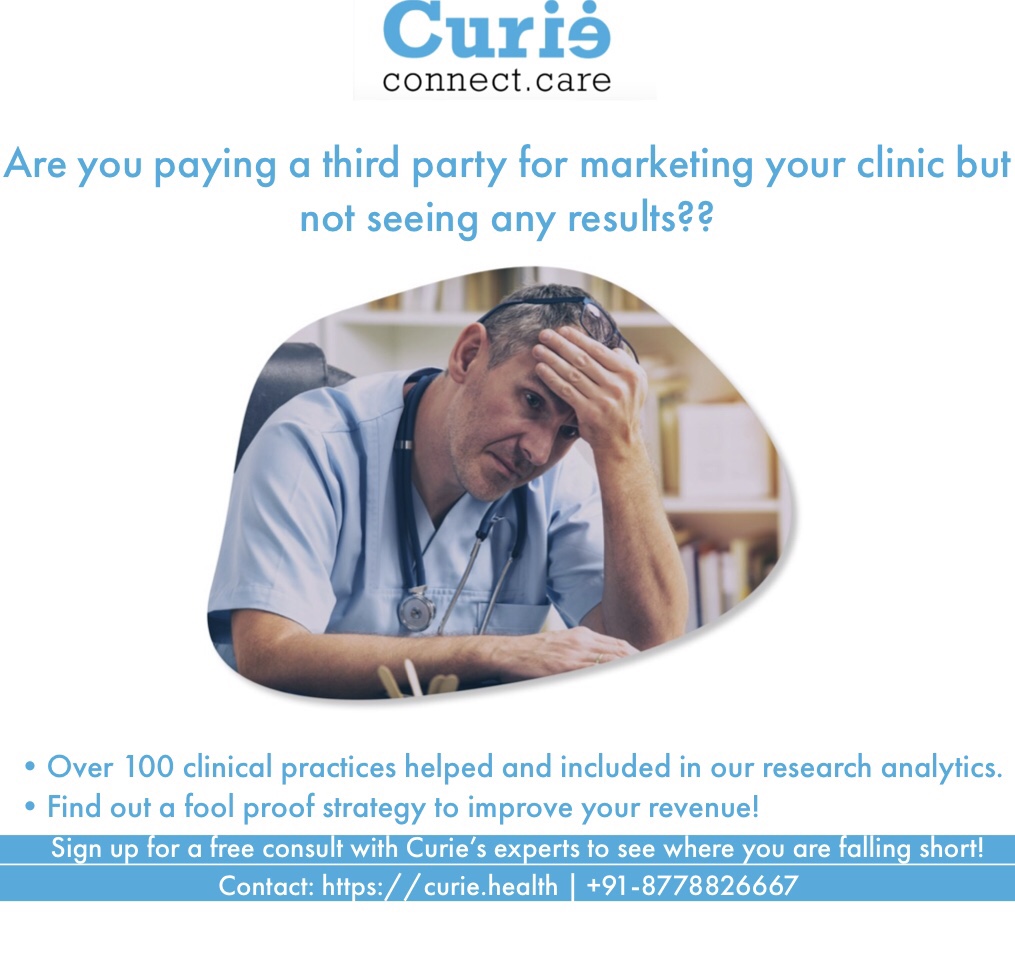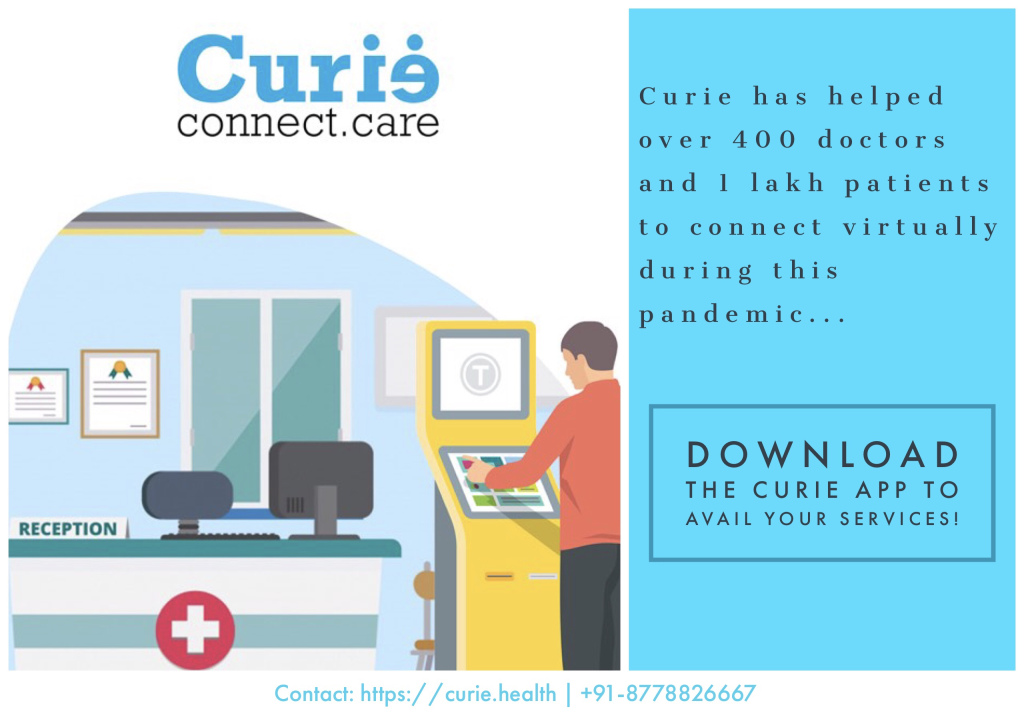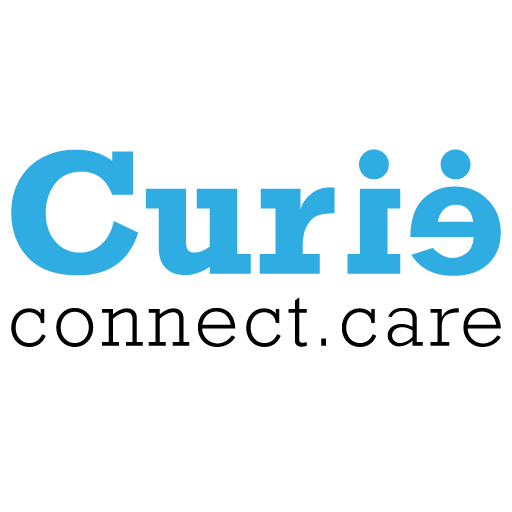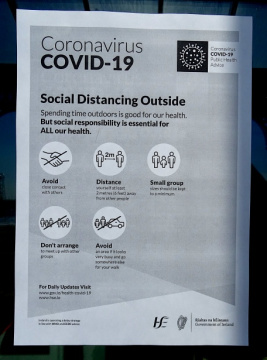Dentists have been identified as being at a HIGH-RISK of Covid19 exposure and infection. They have been advised to NOT open practice around the globe. However, with lockdowns being eased and attempts to regain economic footing and livelihood being made, dentists have been given the choice to carry our emergency dental procedures and re-start practice in due course when the restrictions have been lifted.
Owing to this, the various national and regional Dental associations and organizations have come up with the best and safest practices to be followed by all dentists during clinical practice for an indefinite period:
· Information to be passed on to all patients :
Ø Intimate your patients that the clinic is open for EMERGENCY PROCEDURES.
Ø Elective procedures to be rescheduled to when normal clinical operations resume
Ø Complete medical and travel history of the patients to be obtained
Ø No patients will be seen without a prior appointment
Ø Consent forms to be signed regarding procedure details and precautions are taken
Ø No attenders to accompany patients inside the clinic unless in special cases. Video/audio conferencing or call can be allowed if needed.
Ø Patients to undergo a routine medical check-up, on arrival to the clinic.
Ø Masks should be worn by patients and should be only removed during the procedure
Ø Procedure charges would be higher than usual due to extra costs incurred for safety and infection control
Ø Payments will be digital
· Precautions at the clinic entrance:
Washbasins with soap and running water to be set up near the entrance
Ø Patients should be intercepted at the entrance by the clinic assistant and directed to the washbasin
Ø Patient drape, 3 layer face mask, shoe covers to be adorned before entering the clinic
Ø Hand sanitizer should be used before/after the procedure, entering/exiting the clinic.
Ø Non-touch thermometer should be used to record the patient’s temperature and other symptoms should be recorded. Any patient showing covid19 symptoms to be referred to a fever clinic.
Precautions in the waiting room:
Covid19 related info to be displayed in several strategic areas in the waiting halls for patient education
Ø Record details of every patient visiting the clinic
Ø Seats in the waiting room should be spaced and not more than one appointment should be given at one slot to prevent crowding in the clinic
Ø Consent forms and self-declaration forms to be signed before the procedure
Ø All surface areas should be thoroughly disinfected before and after every procedure
Ø Staff to be trained on how to maintain minimum contact with the patient and wear PPE (gloves, mask, head cap, shoe covers) at all times
Ø Avoid using AC at all spaces
· Procedural precautions:
Ø Not more than one assistant to help with the procedure, 4 handed technique can be used.
Ø All clinical personnel including doctor and assistant should be draped in adequate, appropriate PPE- HAZMAT SUIT(for all aerosol procedures), surgical gown, surgical apron, head cap, face mask (FFP3[FOR TREATING COVID19 PATIENTS], N95), eye goggles, shoe covers, gloves, rubber dam, head cap.
Ø Appropriate rooms for changing in and out of PPEs
Ø Proper biomedical waste disposal areas
Ø Patients to gargle with 1.5% hydrogen peroxide or 0.2% povidone-iodine before the procedure
Ø Use of 3-way syringes to be avoided
Ø Dental chair, contact surfaces, handles, and other equipment to be wrapped with barrier fil and changed after every patient
Ø Air purifiers with HEPA filters to be used
Ø High volume suction to be used for all aerosol procedures
Ø Disinfection of all surfaces before and after each procedure
Ø Disinfection of impressions using soap solution for at least 10mins
Ø Diligent sterilization of all instruments following each procedure
Ø High-speed suction to be used
Ø Extraoral radiographs to be preferred
· Post-procedural precautions:
Ø Fresh masks to be given to all patients when they leave
Ø Wet mopping of floors using 1% hypochlorite solution
Ø 5% Lysol disinfection of procedure rooms
Ø Biomedical waste disposal strictly following protocols
Ø Hypochlorite solution or bleaching powder to be sprayed on all wastes
Ø Fumigation of the clinic should be done at regular intervals
The Tamil Nadu Health and Family Welfare has also suggested excluding all employees who are >65 years of age, have immuno-compromised conditions, have co-morbidities, or are pregnant.
They have also advised the following precautionary prescription:
Ø Vitamin C 100mg oral for 10days
Ø Zinc 20mg for 10days
Ø Siddha suggested- Nilavembu Kudineer
This is a very challenging time for all of us and it will take the entire world a few months to get back on its feet. However, always remember that the first and foremost focus is the health and wellbeing of our family and the people around us.
Re-opening of your clinic might be difficult and tedious. Especially with all these new precautions and rules. To make everything in your clinic digitalized and reduce contact to zero, you need a partner like Curie to help you out. Right from logging in patients, storing their personal and medical records, storing procedural notes, giving prescriptions and post-procedure instructions, communicating with patients, service-providers, labs, etc and payment, Curie takes care of everything for you with the latest technology.
Contact Curie by logging on to https://curie.health or call +91-87788 26667
For a free demo or trial.





